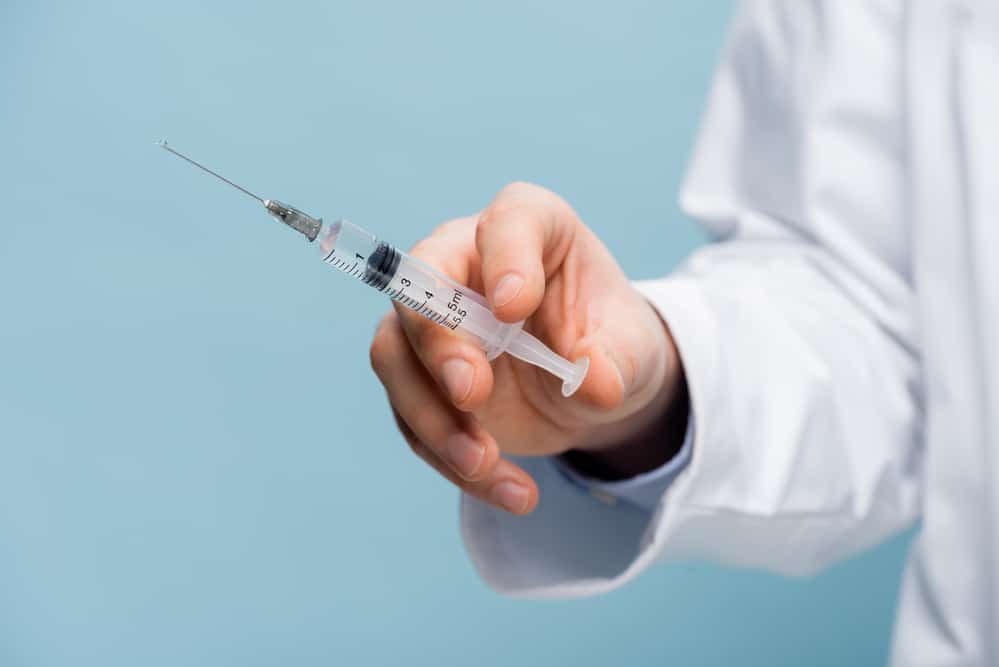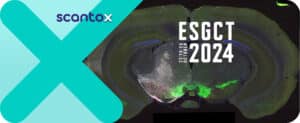The tuberculosis (TB) vaccine has been around for a century, transforming the quality of life of individuals around the world. But today, clinical volunteers are receiving that same vaccine for studies that have nothing to do with TB. Read on to find out more about how a repurposed TB vaccine could transform medicine and revolutionize treatment for conditions including type 1 diabetes, multiple sclerosis, and even COVID-19.
BCG and the Repurposed TB Vaccine
An article recently published in Science News explains the potential new uses for the TB vaccine. Called Bacillus Calmette-Guérin, or BCG, the vaccine is a live but weakened version of Mycobacterium bovis, a relative of Mycobacterium tuberculosis. M. tuberculosis is the bacterium that causes TB, an infectious lung disease that once devastated the globe. The vaccine was officially developed in 1921, exactly 100 years ago, and since that time, scientists have discovered something remarkable: the vaccine protects against a range of infections, not just TB. Last October, researchers discovered that a single dose of the vaccine reduced the risk of respiratory infections in elderly study participants compared with those who got a placebo. Now, the vaccine is being tested as a treatment for conditions including type 1 diabetes, Alzheimer’s disease, multiple sclerosis, and more.
Effects of the Repurposed BCG Vaccine
The BCG vaccine’s universal appeal may have something to do with its peculiar “soothing” effect. Science News reports that BCG may work to calm an overactive immune system, making it a prime candidate to ease the symptoms of autoimmune and inflammatory diseases. For example, in multiple sclerosis, an overactive immune system attacks the nerve cells in the brain and spinal cord. “BCG appears to slow damage to the brain,” Science News writes, adding that researchers are also testing BCG as a therapy for individuals with type 1 diabetes, which is also an autoimmune disease. Additionally, BCG shows promising results in Alzheimer’s patients. A 2019 study showed that only 2.4 percent of participants who got BCG developed Alzheimer’s, compared to the 8.9 percent of those who didn’t and eventually developed the disease. Early research suggests that BCG may slow the breakdown of glucose in the brain, helping to stave off the disease.
BCG and COVID-19
Also cited in the Science News article is Mihai Netea, an immunologist at the Radboud University in the Netherlands. Netea and his colleagues have reportedly shown that BCG triggers “trained immunity,” which the article describes as “a nonspecific sort of memory that readies immune cells to react more strongly to any pathogen later on.” This could explain how BCG protects against infections – potentially even viral infections, like COVID-19.
Implications of BCG Research
As one might expect, the possibility of a new, versatile treatment is making waves with individuals in the medical community. The article cites the type 1 diabetes community as an example, explaining that “patients are excited by the possibility of an inexpensive treatment that, while not a cure, could make life easier.” While BCG’s effects have not been fully studied, scientists like immunologist Denise Faustman of Harvard Medical School are making major headway. Per Science News, Faustman’s group is halfway through its 150-person Phase II clinical trial, which is slated to conclude in 2023. As Faustman continues to analyze her data, she is also advocating for a trial involving children with type 1 diabetes. Ultimately, this research seems perfectly poised to revolutionize the immunology field for researchers and patients alike.
_____
The TB vaccine already has a long legacy of improving outcomes for patients of all ages. Now, as researchers continue to push the boundaries of immunology, this long-standing treatment could transform the lives of patients with a wide variety of conditions. The vaccine is, however, relatively uncommon in western countries with low TB incidence rates. Additionally, TB vaccinations have several documented side effects, including fever, headache, and swollen glands. Researchers will need to consider these factors when developing alternative uses for the vaccine.
Scantox is a part of Scantox, a GLP/GCP-compliant contract research organization (CRO) delivering the highest grade of Discovery, Regulatory Toxicology and CMC/Analytical services since 1977. Scantox focuses on preclinical studies related to central nervous system (CNS) diseases, rare diseases, and mental disorders. With highly predictive disease models available on site and unparalleled preclinical experience, Scantox can handle most CNS drug development needs for biopharmaceutical companies of all sizes. For more information about Scantox, visit www.scantox.com.











